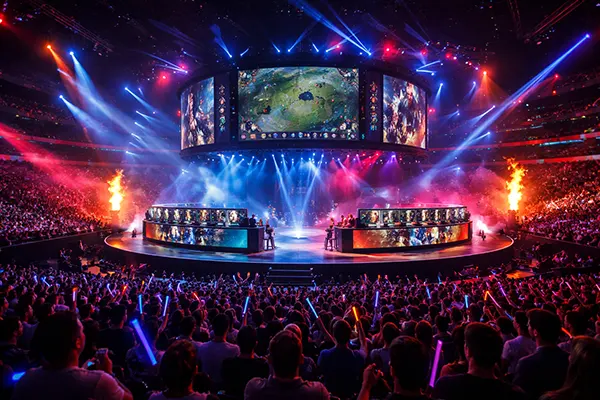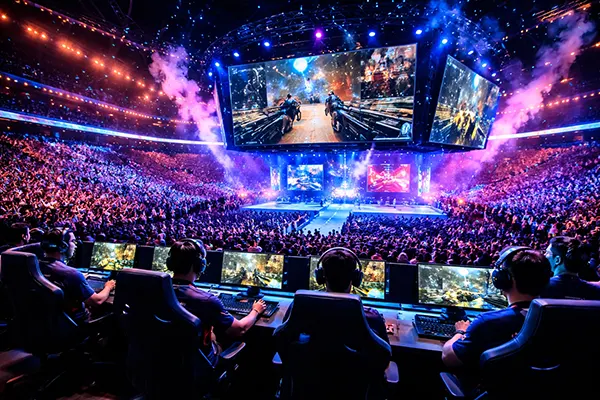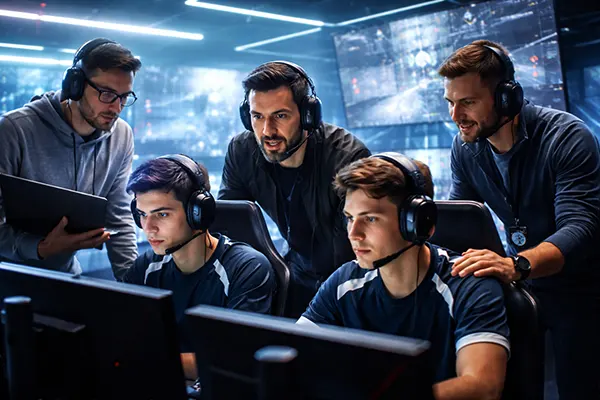Dota 2 and Poker: What Card Strategy Teaches About Winning MOBA Battles
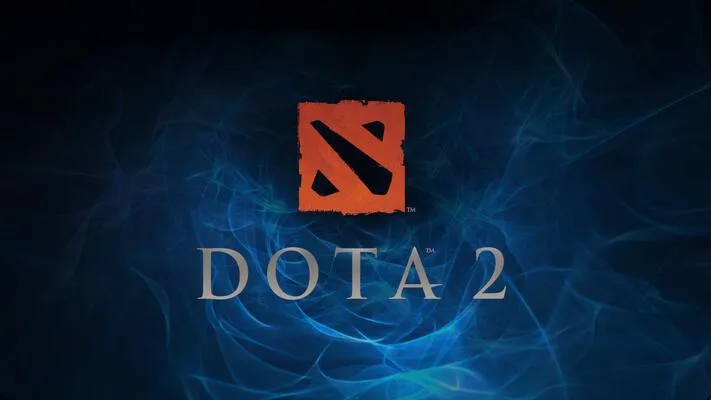
Dota 2 and online poker may seem like games from different worlds — one a high-speed team battle arena, the other a calm, calculated card game. But if you dig a little deeper, you’ll find they share more than just a competitive edge. Many seasoned poker players are now applying their skills to MOBAs, and vice versa. The bridge between them? Strategy, discipline, and reading the game beyond its surface.
For online casino players, this crossover holds unexpected value. If you enjoy poker, the skills you’ve developed can give you a clear edge in games like Dota 2. And for those diving into esports from gambling, understanding these parallels can sharpen your instincts and deepen your game sense across both worlds.
What Do Dota 2 and Poker Have in Common?
At the heart of both games lies decision-making under pressure. Whether you’re facing an all-in at the table or a 5v5 clash near Roshan’s pit, your ability to process incomplete information and react accordingly determines your success. Calculated risk is a shared language between poker hands and MOBA plays.
Psychology also plays a crucial role. In both games, it’s not just about the visible moves — it’s about what’s going on in the opponent’s mind. Bluffing in poker finds its match in baiting opponents in Dota 2. Knowing when to show strength or feign weakness is a powerful tactic across both formats.
Finally, both games reward pattern recognition. Spotting behavioural trends — whether from betting patterns or hero movements — allows players to make informed predictions. The faster you notice these patterns, the quicker you gain an edge.
Gameplay Strategy: From Table to Map
Poker players are trained to assess the strength of their hand and position. Dota players, similarly, must understand their team’s draft, lane strength, and map control. Positioning, whether around a poker table or in a team fight, often determines who walks away with the advantage.
Another core principle is timing. Poker teaches patience — waiting for the right moment to strike. In Dota 2, that patience translates into knowing when to initiate, push, or retreat. Hasty decisions in both games lead to punishing outcomes.
This mindset is why many players at Win Casino who transition into esports find themselves unusually prepared for high-level team strategy. The patience and tactical sharpness gained at the tables often give them a strategic edge in ranked matches.
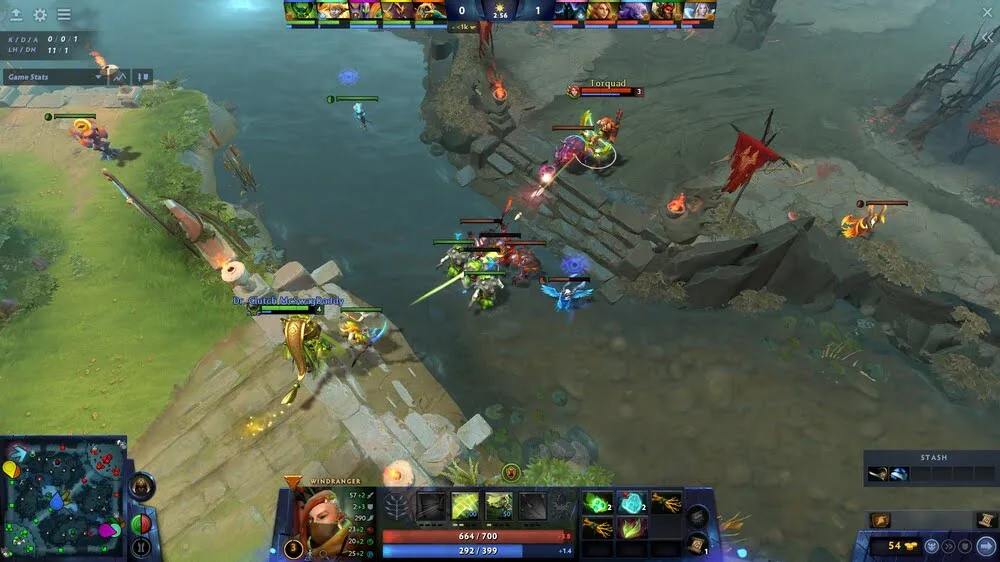
Reading the Opponent: Predicting Moves Through Poker Logic
Poker players excel at reading non-verbal cues and betting behaviour. In Dota 2, this translates into reading movements, item timings, and map presence. A missing enemy hero may indicate a gank; a sudden back-off could signal a trap. Poker hones the skill of anticipating these silent messages.
Moreover, understanding a player’s tendencies — aggressive, conservative, reactionary — lets you adapt your own style. This psychological profiling, common in poker, gives you the upper hand in Dota 2, especially in matchmaking where adaptation is key.
Bankroll and In-Game Economy Management
Poker teaches strict bankroll management — knowing when to bet big and when to fold. In Dota 2, managing your gold, item purchases, and farming efficiency reflects that same discipline. Smart economy control often decides the late-game power spike.
Just as chasing losses in poker can lead to disaster, overinvesting in greedy items or risky plays in Dota 2 can cripple a team’s tempo. Understanding economic flow lets you stay competitive across both formats, even when you’re behind.
Tilt and Emotions: Why Control Wins Matches
Every poker player has faced tilt — the emotional storm after a bad beat. Dota 2 players know it well too: a lost lane or failed teamfight can derail an entire match. The key in both is emotional discipline. Letting frustration drive decisions only feeds further losses.
Training your mindset to reset after setbacks is a valuable cross-game skill. Poker conditions players to maintain calm through variance, a lesson Dota 2 players can adopt for long win streaks and comeback potential.
Poker as a Training Tool for Dota Players
Playing poker can actively train your ability to make high-impact decisions with limited information — a critical skill in MOBA games. It sharpens your mental stamina, enhances pattern recognition, and strengthens strategic patience.
For Dota players looking to elevate their game, poker isn’t just a diversion — it’s a performance enhancer. Switching between formats keeps the mind agile, offering fresh insights into competitive thinking, prediction, and self-control.

